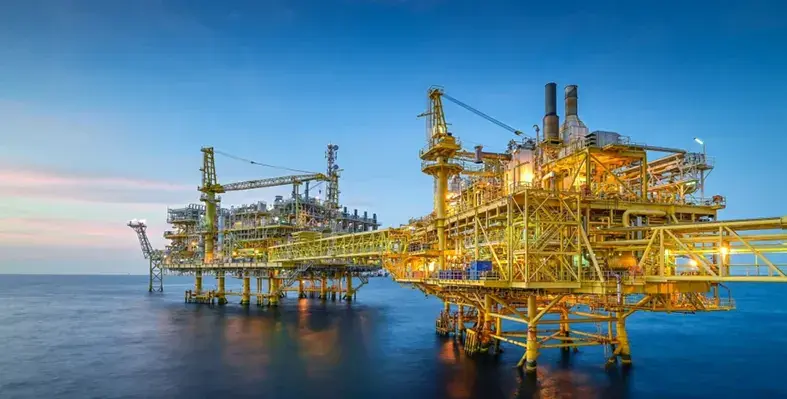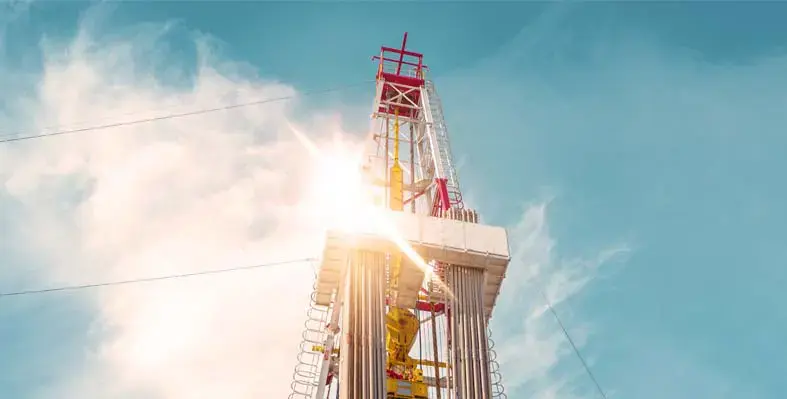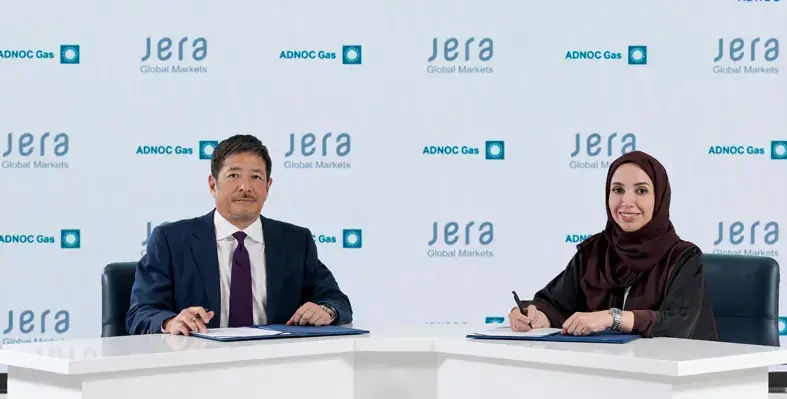Osama Oulabi, general manager, KSA and Middle East, Speedcast, discusses how the company is addressing Saudi Arabia's evolving communications needs
The oil and gas sector in Saudi Arabia invests billions every year in the infrastructure and complex processes needed to pull hydrocarbons from the Earth. But now more than ever, the success of these operations depends on the communications and information technology that connects, monitors and manages it.
Saudi Arabia has become one of the world’s fastest-growing economies – yet the growth in demand for communications and IT services is outpacing it. As the Kingdom keeps investing in supplying the world’s energy needs, Speedcast is growing its operations and bringing expertise gained from every corner of the oil-producing world to benefit organisations operating in KSA.
Connecting exploration everywhere
Oil exploration vessels and platforms are some of the most sophisticated operational assets to ever exist. While operating, they must mitigate the changing conditions at sea and overcome the many challenges of drilling into high-pressure areas at immense depths, ensuring that their communications and technologies seamlessly maintain their roles without interruption or failure. Remarkable technology helps them achieve this at the site, but they also depend on connectivity to the home office, where teams of engineers, geologists and technicians monitor their progress and provide decision support in real-time. These operations require the ability to transmit high volumes of data with extreme reliability.
Energy companies with global footprints such as Seadrill and Halliburton depend on Speedcast to provide the reliability expected to successfully operate in all major energy regions. The core of these networks is a fully managed VSAT service provided over global satellite, teleport, and fiber capacity. Wherever adequate LTE or line-of-sight microwave connectivity to the shore is available, the onboard systems can default to these lower-cost paths if operational requirements allow. Speedcast also installs and manages onboard equipment to provide wide-area and local-area networking as well as PBX service.
Embracing new technologies
With the introduction of Low Earth Orbit (LEO) constellations, there are now more satellite service options than ever, along with new, exciting players slated to join the fold soon. Embracing the hybrid network model to ensure that the best options are being used at the most opportune times is now of utmost importance, along with the ability to seamlessly connect to different paths without operational disruption.
Speedcast helps energy customers both onshore and offshore integrate LEO services into existing managed solutions across thousands of remote sites every day. It leverages the latest network management solutions to seamlessly blends multiple connectivity paths –a mix of LEO, GEO VSAT, L-band and cellular, into a single, wide-area network that continuously monitors each connectivity path and dynamically orchestrates traffic in the best paths. The platform can also prioritise critical traffic for paths offering CIR and SLAs, while routing lower-priority traffic to connections that don’t and managing seamless hand-offs between services and satellites based on their performance and cost. It also makes the choices based on rules established by the customer or site – and delivers very high uptime, QoS, and bandwidth optimisation in the process. This allows for continuous integration of the latest and greatest technologies with little to no disruption in the operations and minimised risk of failure.
Critical comms during all phases
During the construction phase of oil and gas infrastructure projects, the integration and installation of seamless IT and telecom systems are paramount to efficiency. Speedcast systems integration teams specialise in connecting the critical communications infrastructure with technologies such as intrusion detection, access control and CCTV systems for security, and Wi-Fi and IPTV networks for both work and recreation. For construction offices, we build voice, data and vehicle tracking as well as push-to-talk radio communications and handheld terminals. Local networks connect to the rest of the world via multipath networks that seamlessly combine VSAT, cellular, microwave and fiber on the Speedcast network. In addition to installation, Speedcast provides 24/7 maintenance and IT support services for these mission-critical facilities.
Once wells are producing, whether onshore or offshore, they continue to require technology to monitor hundreds of performance indicators and environmental risks. Reliable connectivity remains just as important, and advanced connectivity offers opportunities to optimise operations. One customer used a network created by Speedcast to link all its client’s offshore rigs to a single global service center, and in return the company estimates that centralising support for the rigs reduced overall costs by 30%.
Connectivity is equally important for attracting and retaining qualified staff at the wellhead. Speedcast develops Wi-Fi networks and provides fully managed services for access to the internet, entertainment, and news. They allow crew members to subscribe and pay for the services they want. We manage bandwidth by downloading licensed popular content to a local server when activity on the network is low, so that users can access entertainment and news without accessing a remote server. The same platform can deliver video-based training content and monitor its consumption for compliance purposes.
To complement the network solution and support needed for the expected growth in the Kingdom, Speedcast is well-versed in managing unique licensing and regulatory requirements, having infrastructure in over 60 countries, and supporting customers in over 150 countries. With its licenses and Newtec hub now in-country, Speedcast Saudi is positioned for rapid growth and development with superior support capabilities and our focus on leveraging innovative solutions to deliver 100% uptime from site to shore.
See also the exclusive interview with Speedcast's Richard Begnaud, vice president of operations for Saudi Arabia, here











